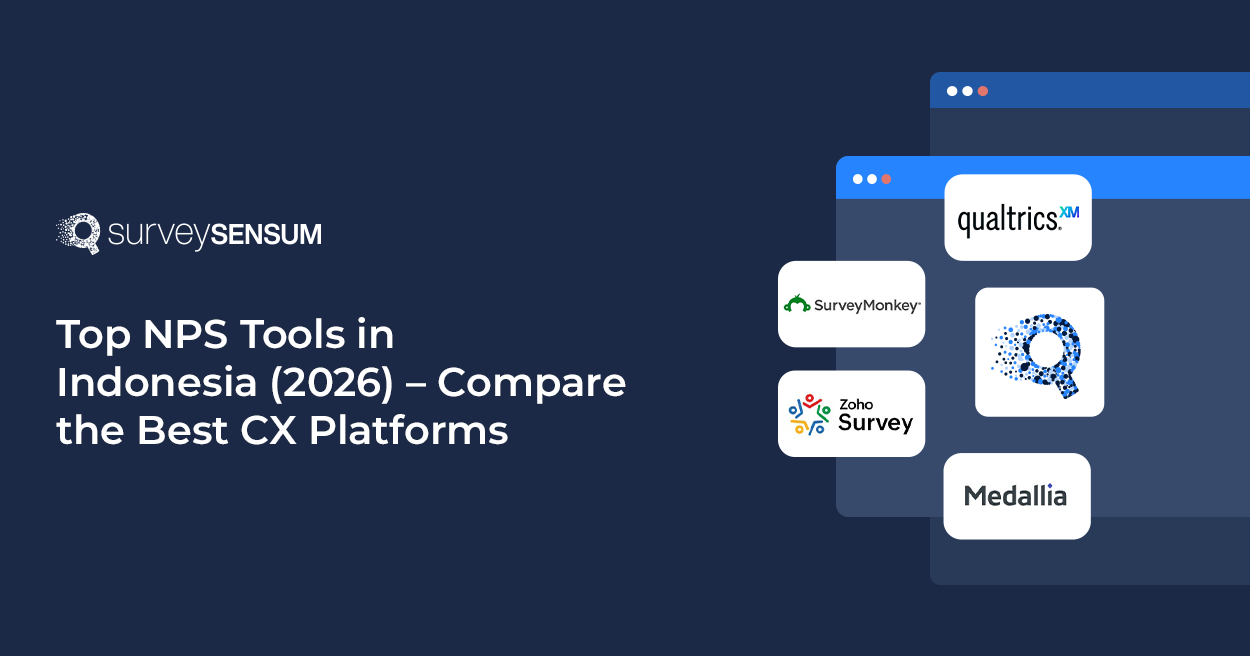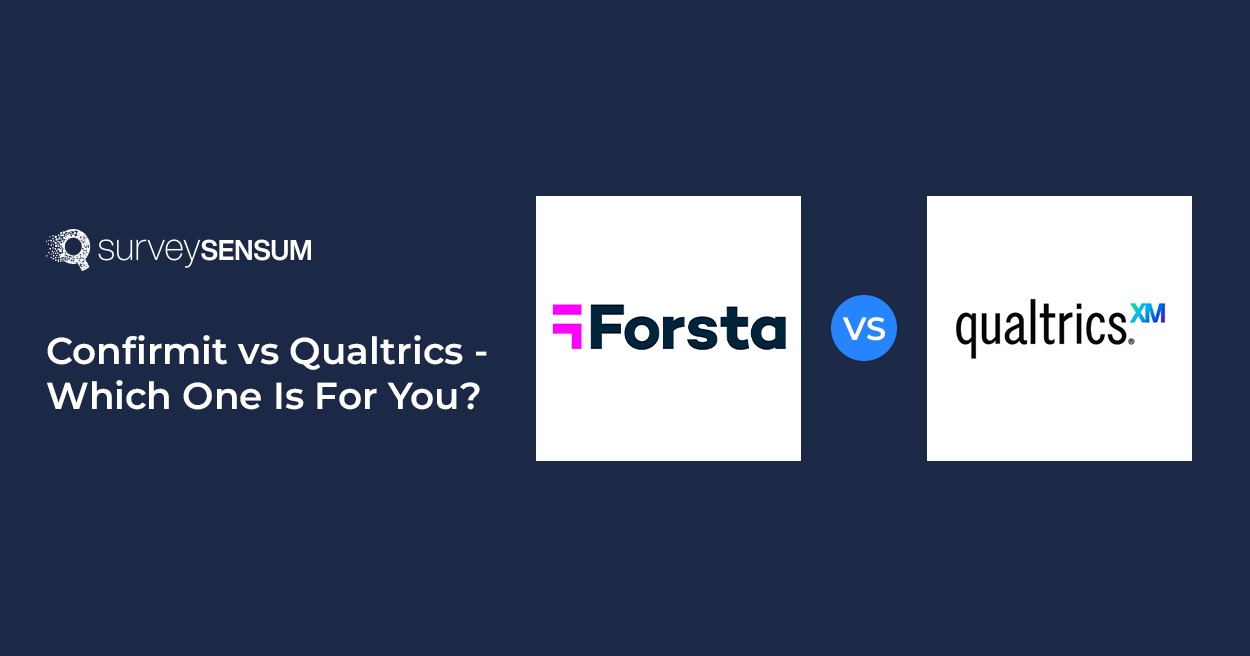

Is it called a questionnaire or a survey?
When we think about gathering feedback, two terms come into our mind – questionnaire or survey. While often these two terms are used interchangeably, they actually differ from each other in terms of their definition and use. And understanding the difference between questionnaire and survey will help you create a better survey design and a much better, clearer, and more effective campaign that will yield actionable results. So, let’s dive right into it!
Survey vs Questionnaire: What Is The Difference Between Questionnaire and Survey?
To put it simply, a questionnaire is simply a set of questions designed to gather data and a survey refers to the entire process of distributing, collecting, and analyzing the gathered data. Now, let’s understand in detail what is the difference between a questionnaire and a survey and why their difference should matter to you.
| Difference | Survey | Questionnaire |
| Definition | The entire process of gathering and analyzing feedback | A set of questions designed to gather data on a particular topic |
| Purpose | To gather and interpret data to present it to the stakeholders | To collect raw data from respondents |
| Use | For gathering feedback, analyzing it, extracting actionable insights, and taking action | For collecting quick and straightforward data without analysis |
| Scope | Broader scope, including data collection and reporting | Narrow scope only focuses on question design and answers |
| Time | Requires a lot of time | Very quick and straightforward |
| Cost | Can be expensive as it involves multiple steps | Cost-effective as it only consists of designing the questions |
| Questions | Mix of different types of questions – open-ended, close-ended, etc | Usually only consists of close-ended questions |
| Example | A company designs a questionnaire to gauge employee satisfaction and analyze the results to improve | A set of questions on the overall restaurant service, designed to gather feedback |
Using different tools for questionnaires and surveys? That’s so 2014! With SurveySensum you can design a relevant questionnaire with our customizable templates with predefined questions and also analyze the gathered data to derive actionable insights – all in one platform!
What is a Questionnaire?
Questionnaire refers to a list of pre-designed questions that are meant to specific information or data from respondents. It is a tool that is used in the survey process and doesn’t specifically involve any further steps beyond this set of questions.
For example, a restaurant handing out a simple questionnaire about a customer’s dining experience which is designed to gather straightforward and factual information, without any analysis. It includes questions like
- Please share your personal detail like phone number or email address to receive exclusive offers.
- What did you like the most in today’s menu? (Multiple choice)
- Would you like to visit us again based on today’s experience? (Yes, No, or Maybe)
What is a Survey?
A survey refers to the entire process of distributing, collecting, and analyzing data. It is a much broader concept than a questionnaire. The process includes distributing the questionnaire, gathering feedback from multiple channels, and analyzing the raw data to extract actionable insights.
For example, a company aiming to improve its product quality launches a product feedback survey to gauge overall user satisfaction, identify gaps, and improve its product quality, which requires a detailed analysis of the gathered data to derive actionable insights. Some questions to ask here,
- On a scale of 1-7, how often do you use our product? (CSAT)
- Are you satisfied with the product’s quality? If no, why? (Open-ended)
- On a scale of 0-10, how likely are you to recommend our product to friends and family? (NPS)
When To Use Questionnaire vs Survey?
Though it is clear that surveys come with a broader and more holistic view and offer researchers and businesses more insights than questionnaires, certain situations still require questionnaires as they offer a more logical option.
A questionnaire is ideal when you need quick and straightforward data, without the need for further analysis. For situations where you only need basic and necessary information from respondents like
- Gathering simple customer data like names, addresses, etc. For example, for donation and fundraising events, you only need to gather necessary customer information, without the need to analyze the information any further.
- Compiling email lists of subscribers for marketing purposes which gathers data for contact and communication purposes doesn’t require any in-depth analysis.
- Gathering information for the payment process where a questionnaire is needed to just gather billing information – no action needed.
- Pre-interview questionnaire for job interviews asking basic information from prospective employees.
A survey is ideal for situations where deep and in-depth analysis is needed – where you are seeking feedback, insights, and data that can be analyzed to make data-driven decisions.
- Gathering customer feedback after the customer has interacted with your service or purchased a product, a survey can collect their feedback on different aspects of the experience, such as satisfaction, ease of use, or likelihood to recommend.
- To determine the product’s success a survey helps by measuring the overall satisfaction of users with the product, product quality, performance, etc.
- To gauge employee satisfaction and understand how employees feel about their work, work environment, benefits, etc.
Why Does The Difference Between a Questionnaire and a Survey Matter?
The difference between survey and questionnaire matters because each serves a different purpose in data collection and understanding this difference will help you make the right choice and ultimately impact the quality of the data gathered.
1. Purpose and Scope: Questionnaires are used to collect specific and factual information without the need for interpretation. Surveys on the other hand serve a broader purpose – to collect and analyze data to understand customer insights, satisfaction levels, trends, etc.
2. End Goal: If you are gathering data just to compile a list or process data such as customer contact information, event registration, etc, then a questionnaire is the ideal choice here. However, if you want to make more complex decisions like understanding market trends, improving customer satisfaction levels, etc, then a survey is the right way to go.
3. Resource Allocation: A survey typically requires more time, effort, and resources than a questionnaire as it involves the collection, distribution, and analysis of gathered data.
Conclusion
While questionnaires and surveys are often used interchangeably, they serve different purposes in data collection. A questionnaire is a tool consisting of a set of questions used to gather specific information, while a survey is a broader process that includes not just the questionnaire but also the collection, analysis, and interpretation of data. Understanding this distinction is crucial for selecting the right method based on your goals.

















